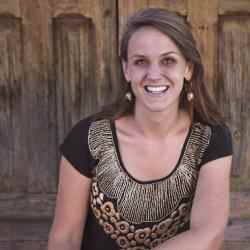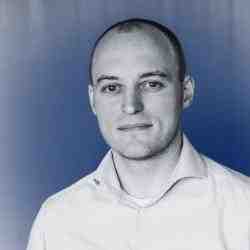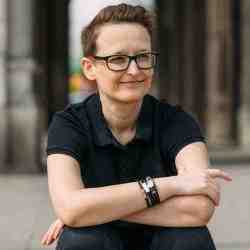Introduction
Claudia Thomas Riché is creating a collaborative network of nurses and positioning nurses as health changemakers within and beyond the clinic walls, into the community, in order to promote better health habits and disease prevention.
The New Idea
Claudia has identified that Haiti’s challenged and fragmented healthcare system does not utilize its most powerful and skilled force of healthcare workers – licensed nurses – to support, build, and transform the country’s healthcare. She strongly believes that nurses can and must take their place as leaders of healthcare change and that nurses must act as agents of transformation and lead the innovative solutions necessary to address the nation’s greatest public health problems. Through her organization, the Nursing Education Collaborative for Haiti (NECH-CIEH), she is creating a collaborative network of nurses – by nurses for nurses, who go out into the community, help train other nurses, and teach and promote health practices. By doing so she is bridging traditional healthcare delivery and community development and she is empowering nurses to lead positive change beyond the circumscribed perception of nurses as little more than “helpers” to the physicians who traditionally have led the delivery of healthcare. Claudia is thus creating a new role for nurses, and she is also working in collaboration with the Ministry of Health in order to change how nurses are currently being trained so that they can be effective health changemakers.
The Problem
Haiti ranks at the bottom of health indicators in the world. 80% of the population lives below the poverty line. Malnutrition affects half of all children and less than half of the population has access to clean water. Less than a half of medical facilities are considered adequate, and less than 10% of people living in rural areas have access to such facilities. Furthermore, there are only 25 physicians to every 100,000 people. As the largest profession in Haiti, Claudia believes that nurses can be at the forefront of healthcare delivery and prevention in Haiti. Unfortunately, once nurses have graduated from their training programs, they are usually limited in their roles and rarely are recognized for their intellectual and professional capabilities. Most end up playing a subordinate role with few nurses occupying leadership or management posts. Their skills are undervalued and underutilized, effectively silencing their ability to advocate for themselves and their patients. Claudia sees the role nurses play, not only in treatment of sick patients, but in the entire continuum of health promotion and disease prevention. Nurses are trained to be part of a multidisciplinary team. Unlike other medical professionals who may see the patient only intermittently, nurses also often communicate with and educate patients and their families over the long term, and thus are able to help them sustain newly learned healthy behaviors. Because nurses are on the front lines of healthcare delivery, they are uniquely positioned to identify health delivery challenges, advocate for patients, and make the small but powerful systemic improvements that are the key to transformational change. In addition, nurses are uniquely positioned to lead the kind of culture-based behavioral changes that are needed to promote sustainable improvements in public health.
The Strategy
Claudia is creating a collaborative network of nurses as a building block towards positioning nurses to lead and promote better health practices in communities. To do so, she is expanding their knowledge and skills beyond their formal education so that nurses regain their voice and confidence as changemakers, and she is providing them with opportunities both within clinics and at the community level to lead and promote disease prevention.
To break down the silos across the health system and create a collaborative network, Claudia is tapping into the collective knowledge that nurses already have. For example, one way in which she has done so is by writing 'dilemma cases' for nurses and engaging nurses from different hospitals to work on these cases - the nurses would meet every week to work on these cases and they would then share their notes with nurses from other hospitals working on the same dilemma cases. NECH-CIEH also offers videoconference lectures to multiple healthcare sites on topics the nurses request; presentations are delivered in French, by nurses for nurses, on topics such as Vital Signs, Neurological Triage, Nutrition, and Transformational Leadership. All lectures are recorded.
As a natural connector, in 2014 Claudia took an important step in improving communications across the nursing profession by coordinating the annual workshop series, “Working Together for the Future of Nursing Education in Haiti,” which convenes participants from the full spectrum of nursing professionals, from students and clinical practitioners to the deans of Haitian nursing schools, heads of hospital nursing departments, university professors, and health ministry officials. This allows nursing professionals to network, share experience and expertise, and identify and plan joint projects and collaborations.
NECH-CIEH complements the nursing training that the nurses already have with practical and applicable training for better integration of leadership and behavior-change knowledge and skills. Critically, it helps nurses gain the skills to speak out and communicate effectively. Claudia believes that by optimizing the skills of nurses, they are able to assert themselves and identify and take on new responsibilities. By giving them the necessary tools and mentorship, they quickly regain their voice. With that voice, they are beginning to take and lead initiatives in hygiene, healthcare, and community development.
At the core of Claudia’s innovation is her focus on bridging health and community development by positioning nurses as health changemakers within and beyond the clinic walls. This reflects Claudia’s belief that health and medicine do not exist in isolation: they reflect the social structures in which they exist. She is thus not only empowering nurses through professional education and leadership skills, but also encouraging them to break out of their traditional roles and reach out directly into the community as health changemakers. She believes that working from the grassroots up to change cultural norms and expectations will be more effective than working downward through institutional mandates. That insight is what has informed her readiness to identify opportunities beyond clinical care where nurses can realistically make a meaningful difference in people’s health and quality of life.
In this respect, Claudia launched the Hand Hygiene Initiative, a grassroots initiative targeted at establishing consistent and effective handwashing that has the potential to profoundly disrupt the cycle of transmission that feeds the spread of deadly diseases in Haiti. Nurses from the NECH-CIEH have conducted a research study of handwashing in twelve of the major hospitals in all ten of the country’s geographic departments, in collaboration with the Director of Nursing Care at the Ministry of Health. The findings are informing the sustainable handwashing training in Haitian hospitals and communities developed and delivered by Haitian nurses. Nurses throughout the country are not only learning research methodology and conducting clinical studies, but critically, they are also learning to become respected opinion leaders in their own communities and in their medical profession; doctors start to understand that through collaboration with highly educated and well-trained nurses, they can work more efficiently and effective and deliver increasingly better healthcare. The results were presented by NECH-CIEH nurses at the 2016 international conference of the Consortium of Universities for Global Health in San Francisco.
To promote better habits and disease prevention, NECH-CIEH nurses are training other nurses in effective handwashing techniques; they also install alcohol-based hand sanitizer dispensers, soap dispensers where sinks are installed, and baskets of handwipes for cleaning infant scales and other equipment. Nurses are trained to serve as hand hygiene ambassadors and educators at each of the facilities. Not only do the hospitals and clinics need materials necessary for proper hand hygiene, staff also needs behavior change training that will enable hand hygiene habit formation. So far, NECH-CIEH nurses have done so in 5 hospitals, and 5 more hospitals are planned for 2019. The long-term goal is to produce and package alcohol-based hand sanitizer in Haiti, with NECH-CIEH training nurses in each hospital and clinic to manage the full process of use. Recently, NECH-CIEH has initiated a partnership with a major Haitian company to produce its own hand sanitizer for sale and distribution to hospitals and clinics throughout the country.
Most recently, Claudia is expanding the reach of this initiative at the community level through the Haitian Women’s Soap Project, through which nurses will be training local women in two communities on how to make and market an affordable multi-purpose soap in their local communities. A key feature of this initiative is that it allows Haitian nurses to move beyond the walls of their health clinics into their communities, educating their neighbors on the role of basic hygiene in prevention of disease, and integrating a culture of health and cleanliness into people’s everyday lives.
With its programs and research, NECH-CIEH is not only raising awareness of this essential behavior, but is actively providing soap, hand sanitizer, and behavior training to reinforce the necessity of hand hygiene. Claudia is now in conversations with a Haitian business executive, who was invited at the 2018 workshop and was inspired by NECH’s work, in order to plan the roll-out of her initiative in rural Haiti.
To institutionalize many of these changes at the national level, Claudia is working in partnership with the Director of Nursing Care at the Ministry of Health to improve and enhance the nursing curriculum, with a mutual goal to identify and fill the gaps between what nurses learn in school and what they need to know to be effective in clinical practice and community outreach. Claudia secured financing and oversaw print publication of the first-ever compilation of a 72-page manual of nursing standards for Haiti: Normes pour la Pratique des Soins Infirmiers. 1000 copies were distributed to all 900+ healthcare facilities in Haiti and is the first documentation of nursing standards in Haiti.
The Person
Claudia was born in Haiti and at 6 years old she moved with her family to Montreal, Canada, where she completed her nursing studies. Claudia is the daughter of a teacher and a nurse. Claudia believes that through her mother's work, she saw what nurses could do for patients that was beyond a doctor's reach. She was determined to be a different kind of nurse than those she saw around her. As a nurse, she felt confident that she could work at the university level, community level, patient bedside care, as a school nurse, etc. In 2004 Claudia decided to return to Haiti in 2004 to take a position at Groupe Haitien d'Etude du Sarcome de Kaposi et des Infections Opportunistes (GHESKIO) coordinating an advanced nursing course. GHESKIO is the second center in the world that was founded in 1982 to research an unknown infectious disease which later was named AIDS. Back in Haiti, she found her passion as she quickly noticed that nurses ‘had a place’ and that their work was oriented around the work of doctors. She noticed that at the time, she was the only nurse with a master’s degree and that people spoke to her with more respect, as if she had more authority than other nurses, explaining that her demeanor and leadership were ‘like a doctor.’ She realized that to change the perception of nurses and their standing among healthcare providers and society, she needed to get nurses together and thus she founded NECH-CIEH as an organization designed by nurses for the nurses in areas that the nurses were absent.
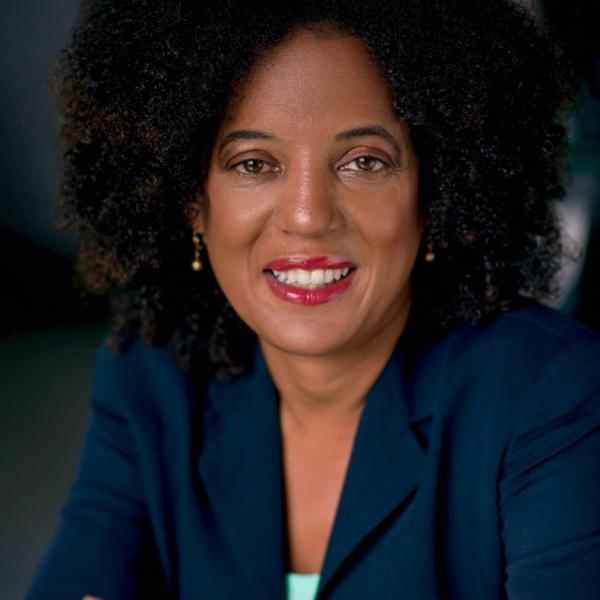
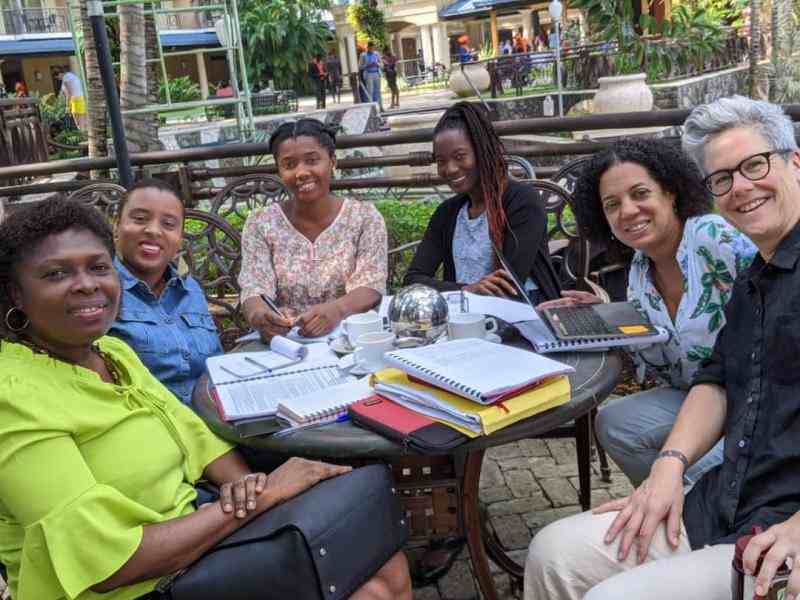 Tile image
Tile image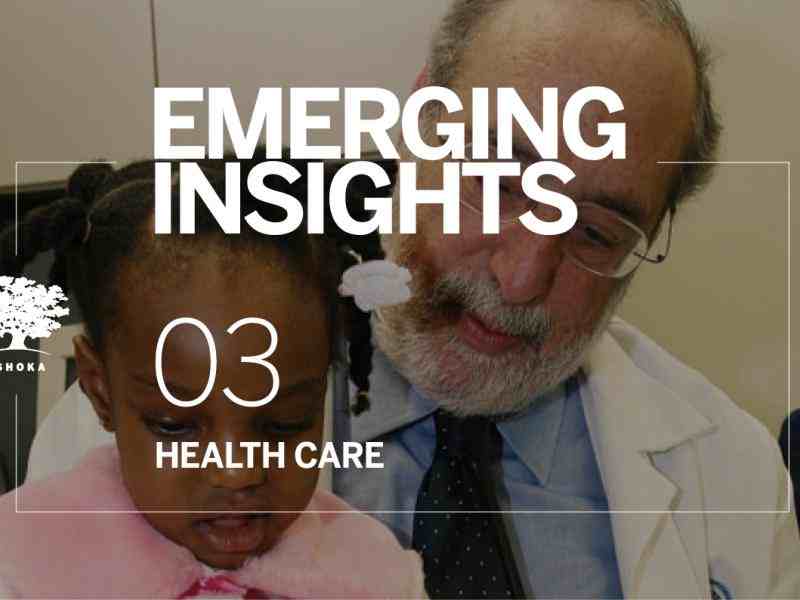 Tile image
Tile image